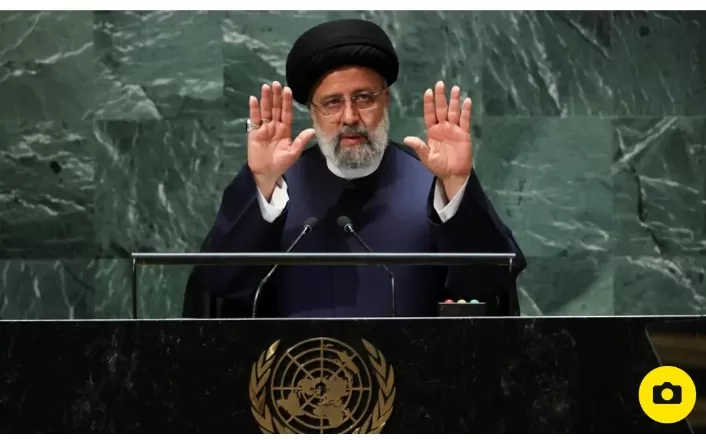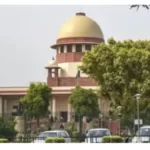Iran’s President Ebrahim Raisi delivered a significant address to the UN General Assembly, where he accused the United States of exacerbating the conflict in Ukraine, leading to a dramatic walkout by Israel’s UN representative, Gilad Erdan. Raisi contended that any Iranian-manufactured drones striking Ukrainian cities were sold prior to the war’s outbreak, emphasizing his support for peace in Ukraine. Simultaneously, Tehran hosted a Russian defense delegation headed by Defense Minister Sergei Shoigu.
In his speech, Raisi exuded confidence, asserting that he had successfully thwarted US intelligence attempts to overthrow his government and boldly proclaiming that the future belonged to nations within his sphere of influence, heralding the decline of Western dominance. He also accused the United States of fomenting the Ukraine conflict to weaken Europe.
Erdan’s walkout was prompted by Raisi’s speech, wherein he criticized the UN for providing a platform to what he called “the butcher of Tehran.” Erdan raised a photograph of Mahsa Amini, a Kurdish woman who died in police custody due to alleged violations of hijab rules.
Outside the UN headquarters, demonstrators expressed outrage at the UN’s decision to allow Iran to address the assembly. Maryam Rajavi, a prominent Iranian opposition figure leading the Mujahedin-e Khalq (MEK), accused Raisi of being responsible for the deaths of numerous MEK members in 1988.
Coinciding with Raisi’s address, the US imposed fresh sanctions on individuals and entities from Iran, China, Russia, and Turkey in response to a significant drone attack by Russian forces on Ukrainian cities. These sanctions targeted individuals and entities linked to Iran’s unmanned aerial vehicle (UAV) and military aircraft development.
Raisi, in response to allegations of Iranian involvement in supplying weapons or drones to Russia post-war, challenged the US to produce evidence. He expressed Iran’s willingness to mediate to end the conflict, contrasting it with what he deemed wasteful American spending on war and arms manufacturing.
On the sidelines of the UN General Assembly, Iran’s political director Bagheri Khani met with political directors from France, Germany, and the UK (the E3) to discuss their demands for Iran to retain UN weapons inspectors and address concerns related to its civilian nuclear program. The E3, along with the US, warned that Iran was expanding its nuclear activities while obstructing international monitoring efforts.
Controversy arose over Raisi’s planned appearance at the prestigious thinktank, the Council on Foreign Relations (CFR), which was postponed amid concerns of protests by Iranian diaspora groups. Critics accused the CFR of providing a platform to a human rights violator.
The unfolding events underscored the complex and contentious diplomatic landscape involving Iran, the United States, and global powers during a period of heightened tensions and geopolitical shifts.







